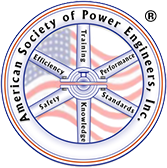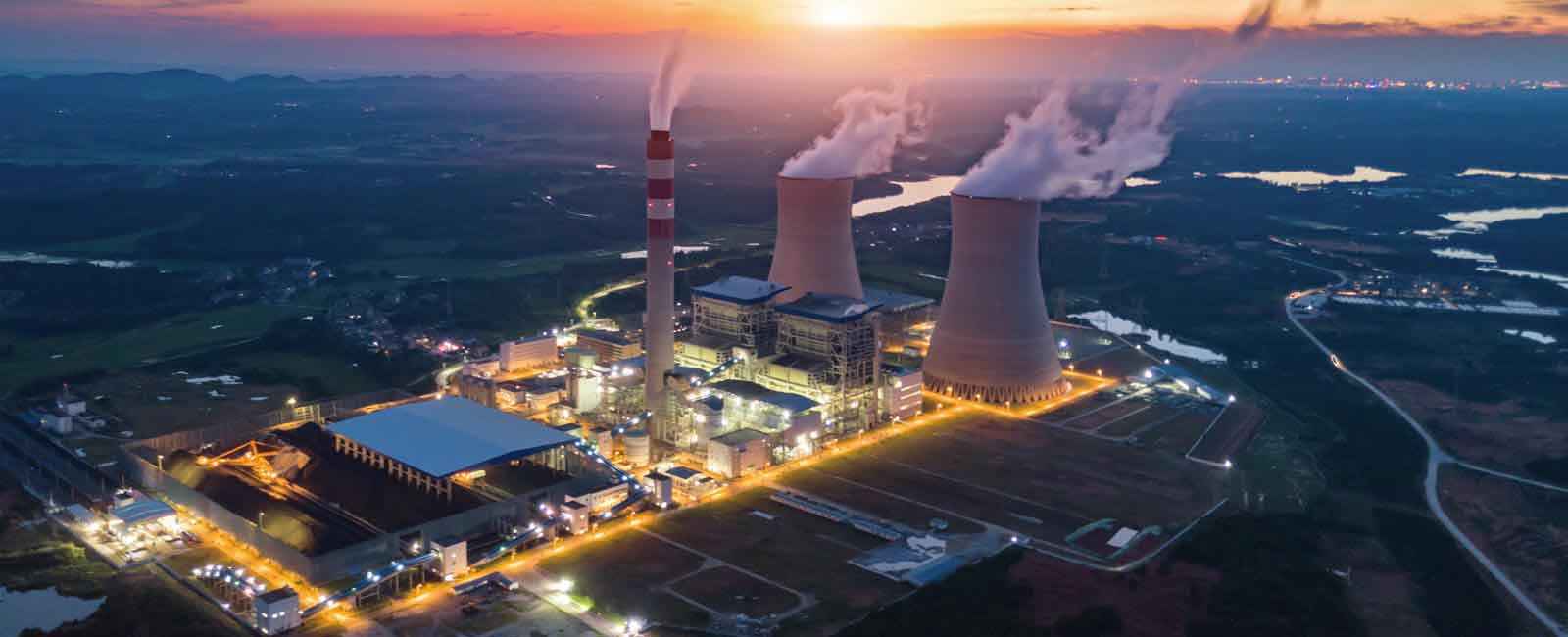Establishing National
Standards for Power Engineers.
Combined Cycle CT Plant Operating Engineer Third Class
If you’re looking for a career in Combined Cycle CT Plant Operating Engineering, ASOPE® can help. ASOPE® offers an opportunity to obtain a Combined Cycle CT Plant Operating Engineer - Third Class license. A list of qualifications that are required to receive your Combined Cycle CT Plant Operating Engineer - Third Class license is outlined below. Requirements include being a minimum of 19 years old, a high school diploma/GED or equivalent, and two years of experience as a Combined Cycle CT Plant Operating Engineer or one year of time in grade as a Simple Cycle CT Plant Operating Engineer - Second Class.
If all qualifications are met, you will be required to schedule an exam. The exam consists of a wide range of curriculum, including, but not limited to, exhaust frame assembly, gas turbine starting, monitoring gas temperatures, condensate & feedwater system, and controls. Upon completion of the Combined Cycle CT Plant Operating Engineer - Third Class license exam, an ASOPE® representative will notify you of a "pass" or "fail" status. If you fail, you will be offered additional opportunities to retake the exam. Please review our Failed Test Procedures to learn more.
If you have any questions or concerns regarding the Combined Cycle CT Plant Operating Engineer - Third Class license, please contact the ASOPE® national office.
Qualifications
- Minimum age - 19
- Education - High School Diploma, GED, or equivalent. Interactive plant operations CD-ROM or web-based training, or equivalent plant operation training
- Experience - One year or one year in grade as a Simple Cycle CT Plant Operating Engineer Second Class
- Examination - Written (Oral or Practical when necessary)
Curriculum at the Minimum:
- Gas Turbine Cycles
- Single and Two Shaft Arrangement
- Exhaust Heat Recovery
- Combined Cycle
- Compressors
- Axial Flow
- Centrifugal Flow
- Compressor Stall at Startup
- Combustion Arrangements
- Turbine Construction
- Blade Cooling
- Turbine Efficiency
- Exhaust Frame Assembly
- Gas Turbine Starting
- Oil Systems
- Combustion System
- Fuel System
- Oil, Gas, and Air Systems
- Cooling
- Sealing
- Atomizing
- Purge
- Primary Air Inlet System
- Environmental Limits
- Heat Transfer
- Natural Circulation
- Forced Circulation
- Typical HRSG Construction
- Economizer
- Evaporator
- Superheater
- Steam Fundamentals
- Superheat, Reheat, Steam Temperature Control
- Multi-pressure HRSGs
- Dampers
- Monitoring Gas Temperatures
- Condensate and Feedwater System and Controls
- Make-up, Boiler Water Chemical Control and Additives
- Basic Electricity
- Basic Refrigeration
- Environmental Concerns
- General Industrial Safety


